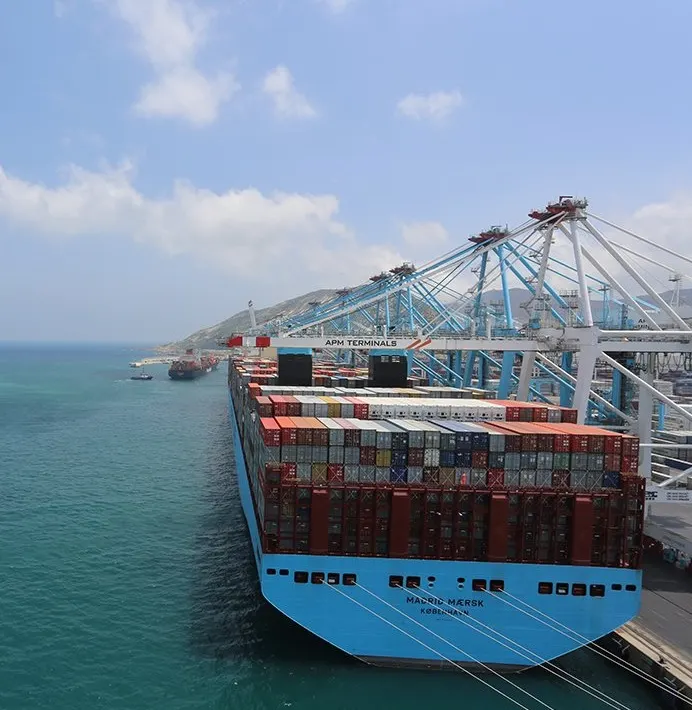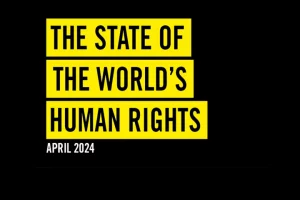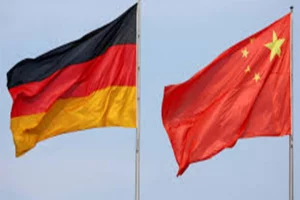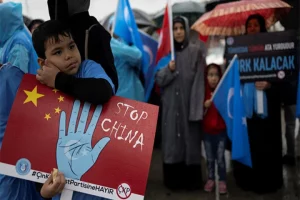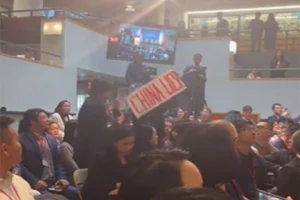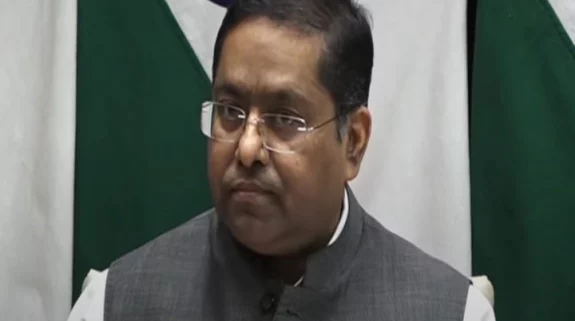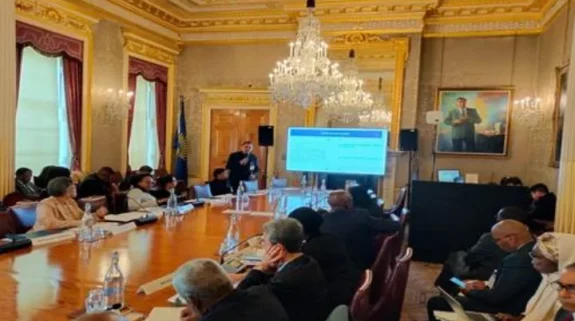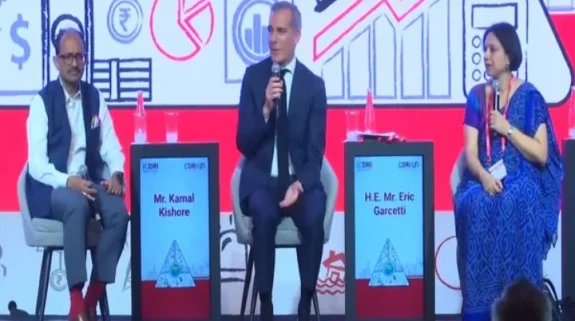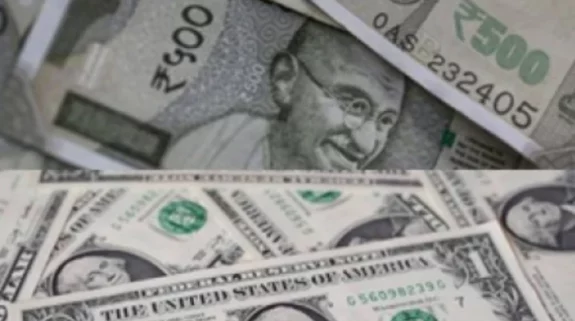World's largest free trade agreement, the Regional Comprehensive Economic Partnership Agreement (RCEP), came into force on Saturday, enhancing the economic engagement between 15 countries in the Indo-Pacific, home to almost a third of the world's population.
The RCEP includes 10 Association of Southeast Asian Nations (ASEAN) members, China, Japan, South Korea, Australia and New Zealand. The agreement enters into force today for the 10 signatory States – Australia, New Zealand, Brunei Darussalam, Cambodia, China, Japan, Laos, Singapore, Thailand, and Vietnam – that have deposited their instrument of ratification, acceptance or approval. South Korea will follow on February 1, 2022.
India, one of the largest and the fastest growing economies in the world, was involved in the RCEP negotiations from 2012 until it withdrew in November 2019 amid growing Chinese aggression and the ongoing border conflict.
The RCEP text includes a fast-track accession process for India should it wish to re-join in the future, in recognition of the country's status as an original negotiating participant.
"Our position on RCEP is well known. As far as India is concerned, we did not join RCEP as it does not address the outstanding issues and concerns of India. However, we remain committed to deepening our trade relations with ASEAN," Riva Ganguly Das, the former Secretary (East) in the External Affairs Ministry, had said in November 2020.
India’s decision to not sign RCEP is a result of PM @narendramodi’s strong leadership & unflinching resolve to ensure national interest in all circumstances.
It shall ensure support to our farmers, MSMEs, dairy & manufacturing sector, pharmaceutical, steel & chemical industries.
— Amit Shah (@AmitShah) November 4, 2019
Japan, which has consistently taken the initiative in expanding a free and fair economic zone while maintaining and strengthening the multilateral free-trade system, welcomed the coming into force of the Agreement.
"It is expected that the Agreement will contribute to the economic growth of Japan and the region, by further strengthening the link between Japan and the region as a growth centre of the world," said the Japanese Foreign Ministry.
Tokyo believes that amidst the global economic downturn and inward-looking sentiment caused by the Covid-19 pandemic, it is even more essential to promote free trade.
"It is unfortunate that India is not signing the RCEP Agreement today, but India remains an essential player in the regional economic framework. Japan is determined to continue playing a leading role in India's return in the future to this Agreement," Yoshihide Suga, Prime Minister of Japan when the Agreement signing ceremony took place during the 4th RCEP Summit in November 2020, had commented.

Australia said today that the RCEP will boost country's economy, would build on the ASEAN-Australia-New Zealand Free Trade Area (AANZFTA) and complement Australia's bilateral agreements with RCEP parties and the Comprehensive and Progressive Agreement for Trans-Pacific Partnership (CPTPP).
"International trade is integral to business recovery from Covid-19. The entry into force of RCEP and further tariff cuts through our other free trade agreements will help create Australian jobs and foster economic growth for our nation," said Australia's Minister for Trade, Tourism and Investment Dan Tehan.
According to the World Bank data, the agreement would cover 2.3 billion people or 30% of the world’s population, contribute US$ 25.8 trillion or about 30% of global GDP, and account for US$ 12.7 trillion, over a quarter of global trade in goods and services, and 31% of global FDI inflows.
For the remaining signatory States after South Korea, the RCEP Agreement will enter into force 60 days after the deposit of their respective instrument of ratification, acceptance, or approval to the Secretary-General of ASEAN as the Depositary of the RCEP Agreement.
ASEAN, in a statement on Saturday, called the entry into force of the RCEP Agreement a manifestation of the region's resolve to keep markets open. That association hoped that it would strengthen regional economic integration; support an open, free, fair, inclusive, and rules-based multilateral trading system; and, ultimately, contribute to global post-pandemic recovery efforts.
"Through new market access commitments and streamlined, modern rules and disciplines that facilitate trade and investment, RCEP promises to deliver new business and employment opportunities, strengthen supply chains in the region, and promote the participation of micro, small and medium enterprises into the regional value chains and production hubs," said the ASEAN Secretariat.
Also Read: RCEP-the mega trade deal may have a short shelf-life as US mounts pressure on China






